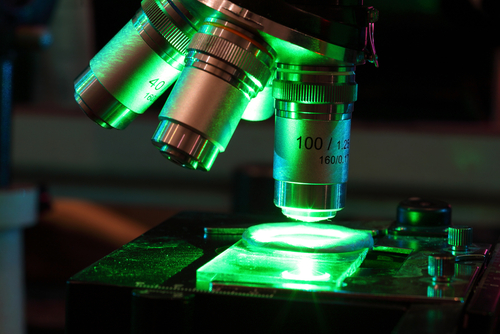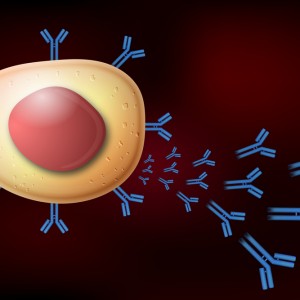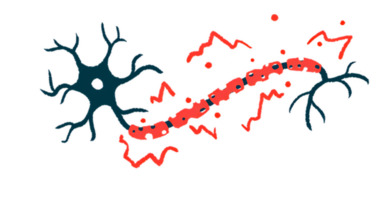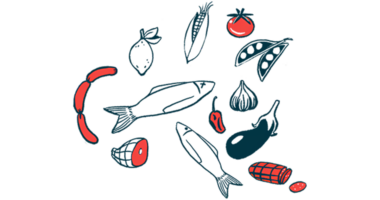New Purification Method Promises Affordable Antibody Production For Diseases Like MS

 The Austrian Centre of Industrial Biotechnology (acib) developed a new purification method for pharmaceutical produced antibodies that promises to effectively decrease the high prices of these drugs in the market.
The Austrian Centre of Industrial Biotechnology (acib) developed a new purification method for pharmaceutical produced antibodies that promises to effectively decrease the high prices of these drugs in the market.
Therapeutic antibodies revolutionized how doctors treat diseases affecting a large number of individuals, such as cancer and autoimmune diseases (like multiple sclerosis) but are also key therapeutics for rare diseases, such as paroxysmal nocturnal haemoglobinuria (previously known as Marchiafava–Micheli syndrome). A caveat, however, is that the costs for producing this successful class of therapeutic agents is still costly, which may be a limitation to their use.
For the pharmaceutical industry, decreasing processing costs is contingent on optimizing the purification process of antibody production. Currently, the process is performed through a process called “protein A” affinity chromatography (which purifies and concentrates antibodies out of a mixture into a buffering solution) and accounts for about 80% of all the production costs.
The new purification method, developed by the Austrian Centre of Industrial Biotechnology (acib) and the University of Natural Resources and Life Sciences Vienna (BOKU), consists of a tubular reactor where a Calcium-Phosphate flocculation is applied followed by precipitation of the purified proteins by cold ethanol. The reactor is built as a double-pipe heat exchanger that works in counter-current flow.
[adrotate group=”4″]
The newly developed method boasts a significantly higher performance when compared to the current “protein A” affinity chromatography in both purification speed and antibody yields. An additional advantage is that the current system apparatus is easily transferred to the new system.
The Austrian Centre of Industrial Biotechnology (acib) is an international network composed of several universities and pharmaceutical industries, including the Universities of Innsbruck and Graz, Graz University of Technology, the University of Natural Resources, Vienna and Joanneum Research and pharmaceuticals such as BASF, DSM, Sandoz, Boehringer Ingelheim, Jungbunzlauer, voestalpine, 3M or Clariant.
As an international Research Centre for Industrial Biotechnology, acib scientists are devoted to developing new methods that are more economic and eco-friendly, in order to substitute current technologies.
Prof. Alois Jungbauer, acib scientist, commented in a press release, “Our method shows great potential as a new platform technology for the pharmaceutical industry.”
For almost forty years, Monoclonal antibodies have formed the basis for several experimental multiple sclerosis therapies. Researchers have favored their use due to the fact that they function well as a targeted treatment for the disease. While antibodies are often used in more progressive cases of MS, due to the fact that they must be administered intravenously and can lead to infusion reactions, acib’s new process for creating therapeutic antibodies could at the very least help to further develop their application for a larger percentage of the patient population.








